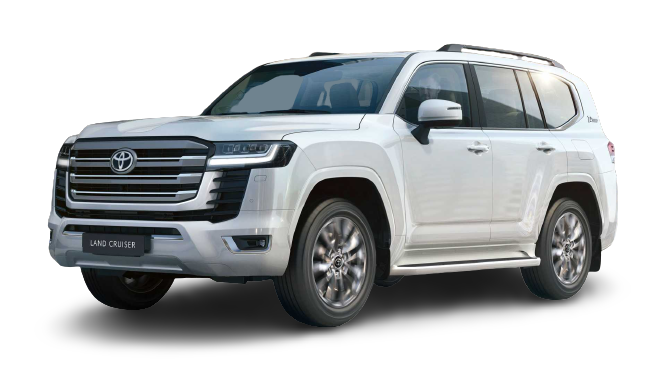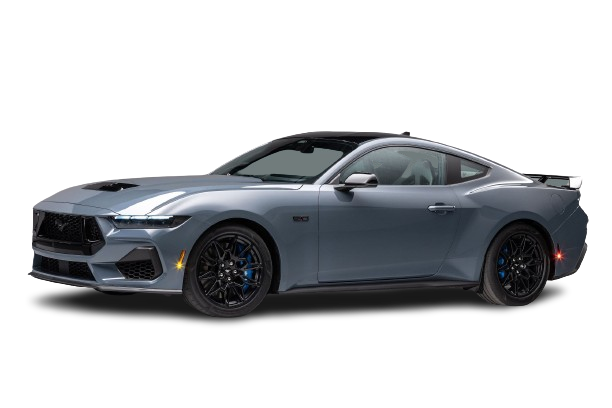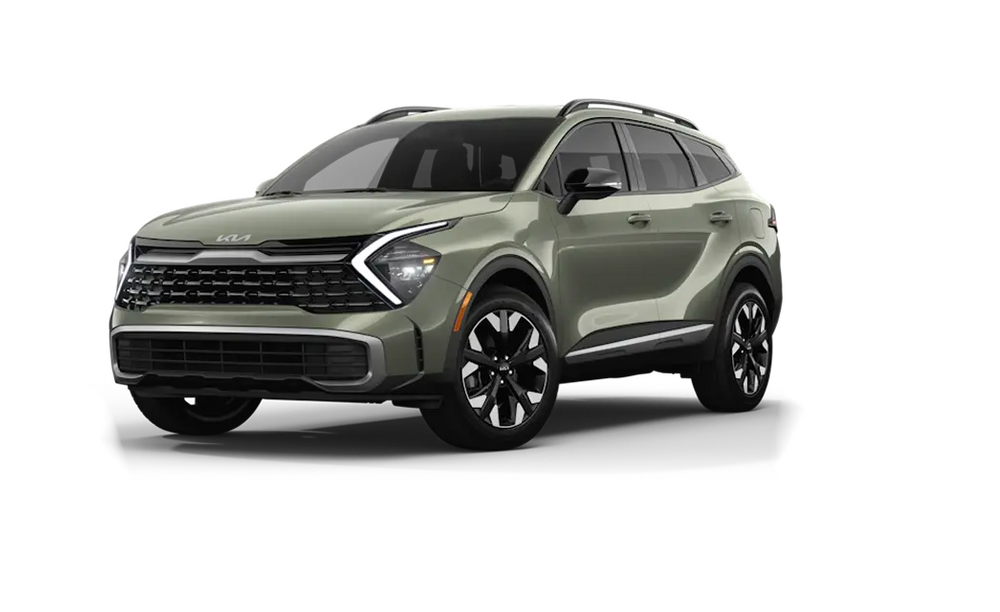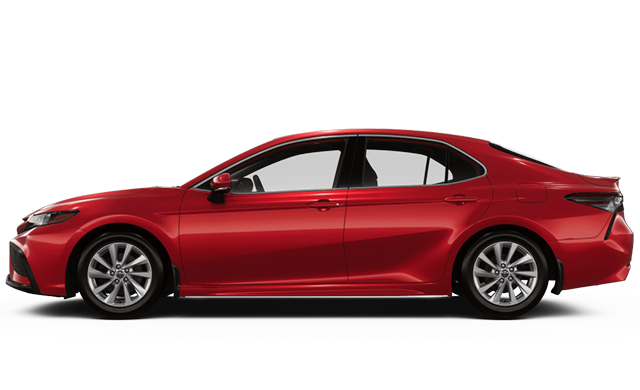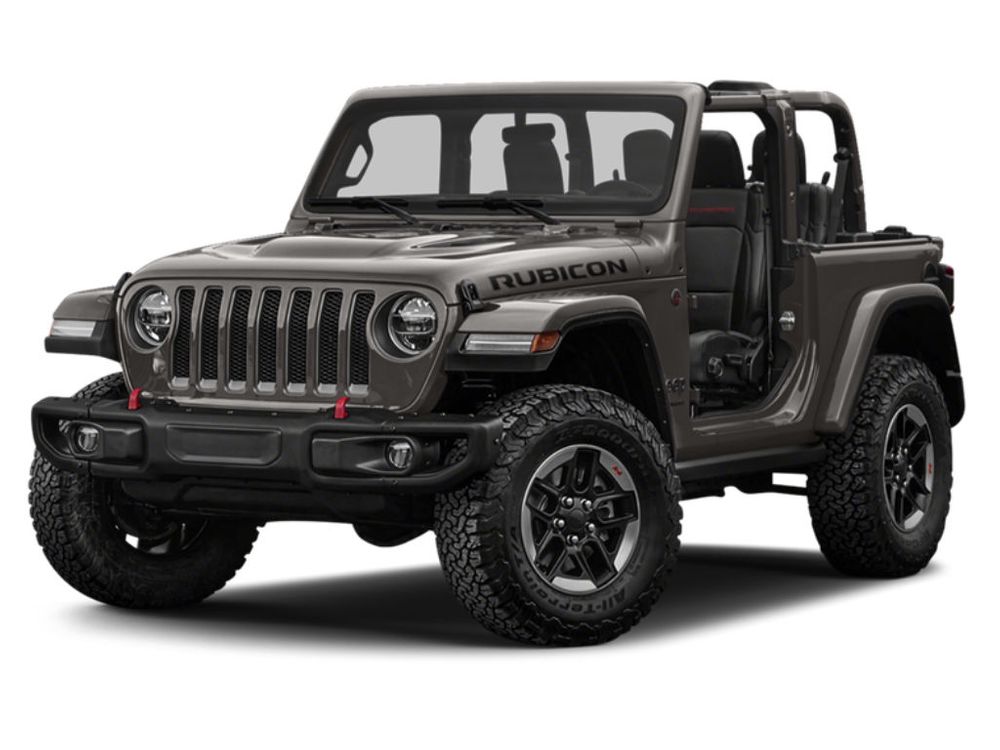Ford Brand Heritage: A Legacy of Innovation, Performance, and American Ingenuity
Published On, Aug 8, 2024 | By YaaraCars Team
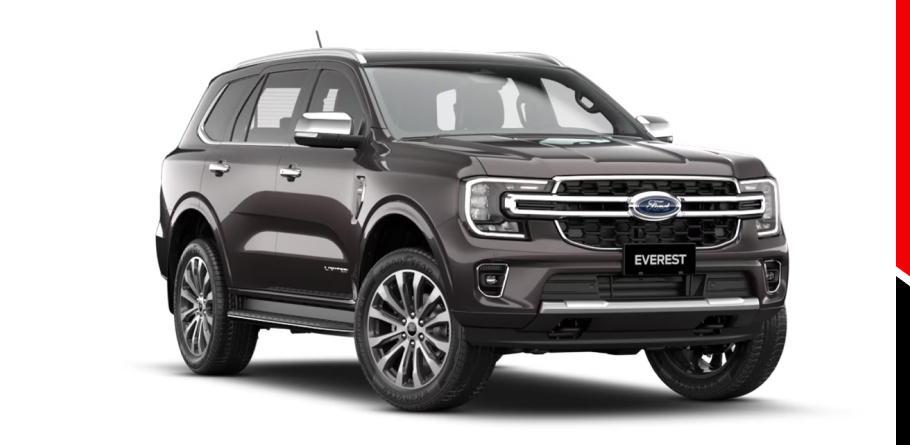
Few names in the automotive world are as iconic as Ford. From its humble beginnings in the early 20th century to its status as a global automotive powerhouse, Ford has a rich heritage that has shaped not only the automotive industry but also the modern world. This legacy of innovation, performance, and American ingenuity continues to define the brand today and has helped it emerge as one of the top car brands globally. Let us take a closer look at the heritage of Ford and the milestones that have cemented its place in automotive history.
Explore: Ford Cars in UAE | Ford Cars in KSA
The Early Years: Henry Ford’s Vision
Ford Motor Company was founded in 1903 by Henry Ford, a visionary whose goal was to make cars affordable and accessible to the masses. At a time when automobiles were a luxury reserved for the wealthy, Ford’s ambition was revolutionary. The company’s first mass-produced vehicle, the Model T, was introduced in 1908 and quickly became a symbol of the American dream. Priced at just $850 initially, the Model T was affordable, reliable, and easy to maintain, making car ownership possible for the average person.
The true game-changer, however, was Ford’s development of the moving assembly line in 1913. This innovation revolutionized manufacturing, reducing the time it took to build a car from 12 hours to just 90 minutes. The assembly line not only made cars cheaper and more accessible but also set a new standard for industrial production worldwide. This innovation solidified Ford’s reputation as a leader in manufacturing efficiency and set the stage for the mass production techniques used in countless industries today.
Pioneering the V8 Engine and Performance Cars
Ford’s legacy is not just about making cars accessible; it is also about pushing the boundaries of performance. In 1932, Ford introduced the first affordable V8 engine, which offered unprecedented power for the everyday driver. This innovation marked the beginning of Ford’s long-standing association with performance vehicles, and it would set the stage for some of the most iconic cars in automotive history.
The 1960s saw Ford make a significant impact on the world of motorsports with the legendary Ford GT40. Developed specifically to beat Ferrari at the 24 Hours of Le Mans, the GT40 went on to win the prestigious race four consecutive times from 1966 to 1969. This success not only demonstrated Ford’s engineering prowess but also cemented its status as a serious contender in the world of high-performance racing.
The 1960s also witnessed the birth of the Ford Mustang, a car that would become an American icon. Launched in 1964, the Mustang captured the spirit of freedom and adventure, appealing to young drivers with its sporty design, powerful engines, and affordable price. The Mustang’s legacy continues to this day, as it remains one of the most popular and beloved sports cars in the world.
Innovating for the Future: Safety, Sustainability, and Technology
Ford’s commitment to innovation has always extended beyond performance. The company has been at the forefront of automotive safety, introducing features like seat belts in 1956 and leading the charge in developing crash-test standards. Ford’s dedication to driver and passenger safety continues today with advanced driver-assistance systems like Ford Co-Pilot360, which includes technologies such as adaptive cruise control, lane-keeping assist, and pre-collision braking.
In recent years, Ford has also embraced sustainability as a core component of its brand heritage. The company has invested heavily in electric vehicles (EVs) and hybrid technologies, recognizing the need to reduce emissions and transition to a more sustainable future. Ford’s latest models, all-electric Ford Mustang Mach-E and the upcoming F-150 Lightning are prime examples of Ford’s commitment to leading the charge in the EV market while maintaining the performance and reliability the brand is known for.
Ford’s push towards sustainability also extends to its manufacturing processes. The company has made significant strides in reducing its environmental impact, including cutting water and energy consumption at its plants, and utilizing sustainable materials in vehicle production. Ford’s commitment to green initiatives reflects its broader mission to innovate for the future and contribute positively to the global community.
A Global Brand with a Local Connection
While Ford is a global brand, its deep roots in American culture have helped it maintain a strong local connection with its customers. The F-Series trucks, particularly the Ford F-150, are emblematic of Ford’s bond with the American working class. Since its debut in 1948, the F-Series has evolved into the best-selling truck in the United States for over four decades, thanks to its rugged durability, advanced technology, and unmatched versatility.
Ford’s connection with customers extends beyond the United States. The brand has established itself in markets around the world, adapting to local tastes and needs while maintaining its core values of quality, innovation, and performance. From the Ford Fiesta in Europe to the Ford Ranger in Australia and the Middle East, Ford’s diverse lineup reflects its commitment to serving drivers worldwide.
Continuing the Legacy: The Future of Ford
As Ford looks to the future, it continues to build on its heritage of innovation and performance. The company’s focus on electric mobility, connected vehicles, and autonomous driving technologies positions it at the forefront of the next automotive revolution. Ford’s bold vision for the future is not just about building cars; it is about creating smart vehicles for a smart world.
From the assembly line to the electric revolution, Ford’s heritage is a testament to the power of innovation, resilience, and a relentless drive to move forward. As the brand continues to evolve, its commitment to making the best possible vehicles for its customers remains unchanged. Ford’s rich history serves as a foundation for an exciting future, ensuring that it will continue to shape the automotive world for generations to come.
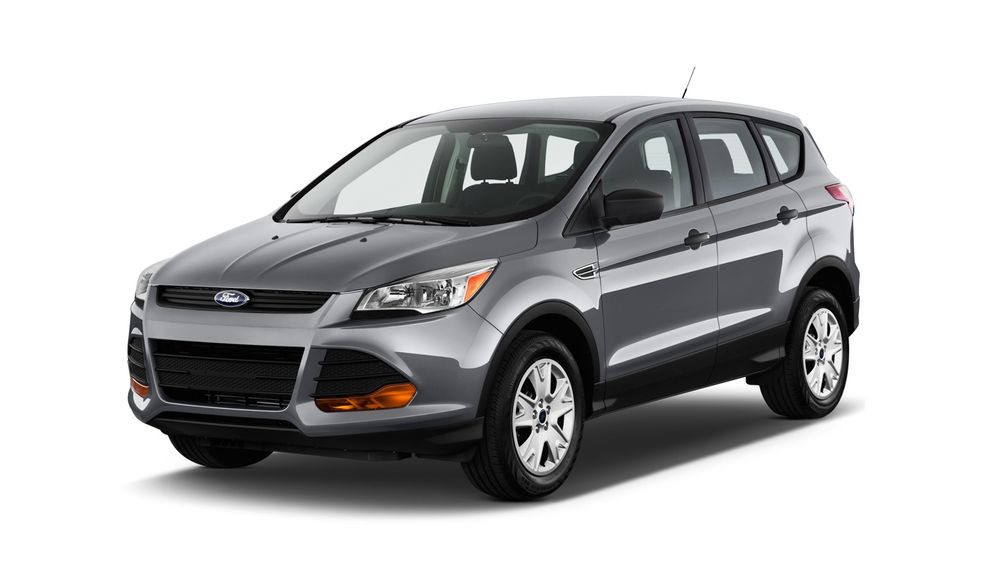
Ford Escape
Available Versions: 86


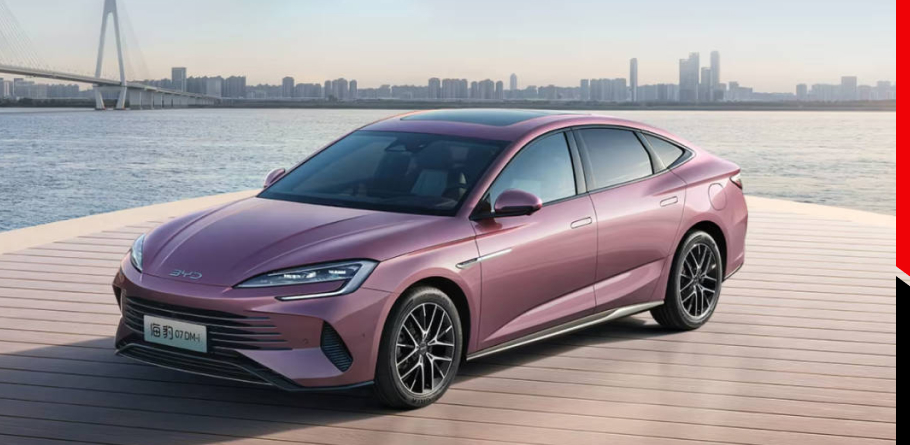
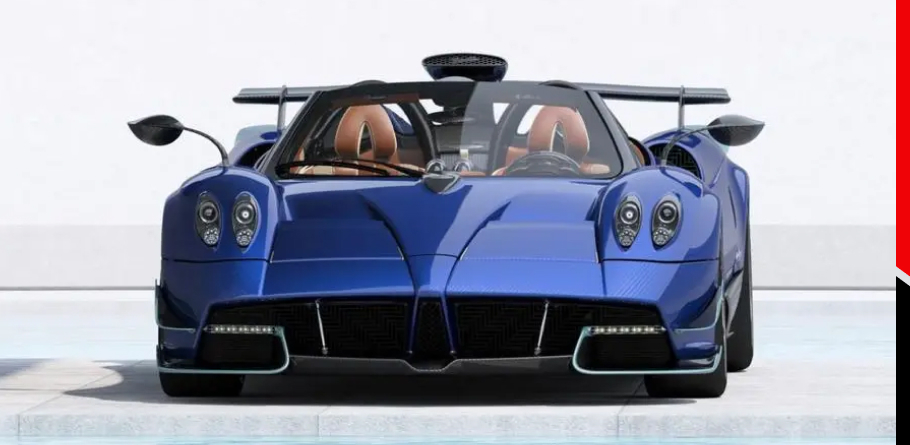
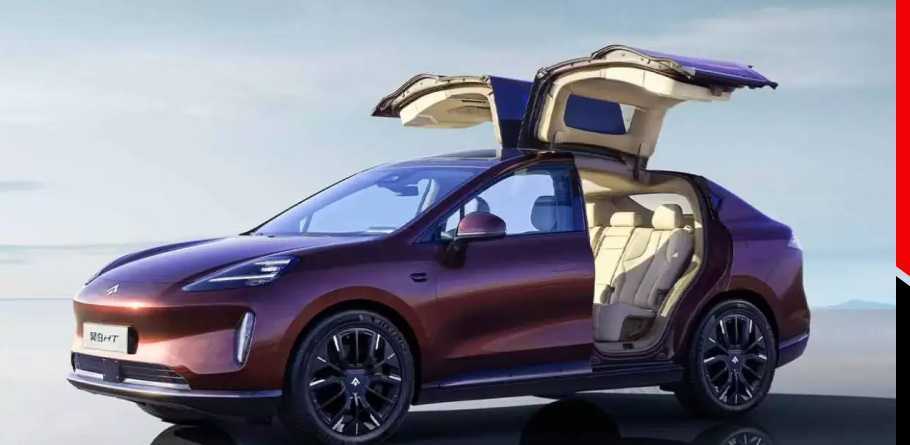
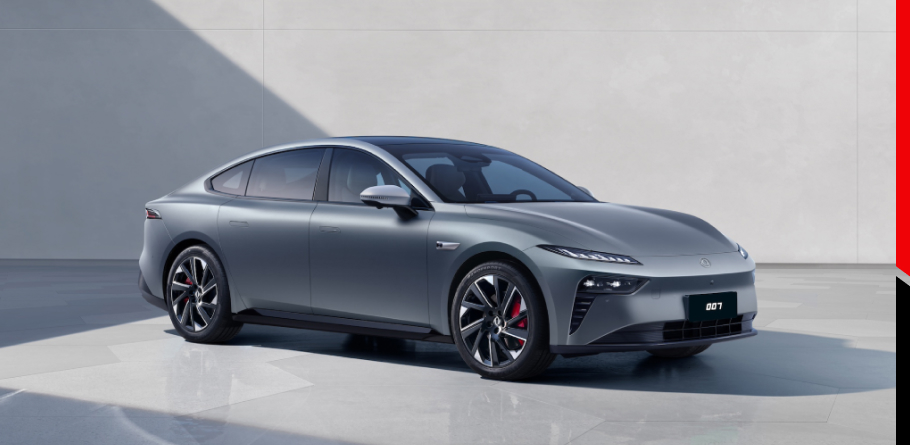

.jpg)

